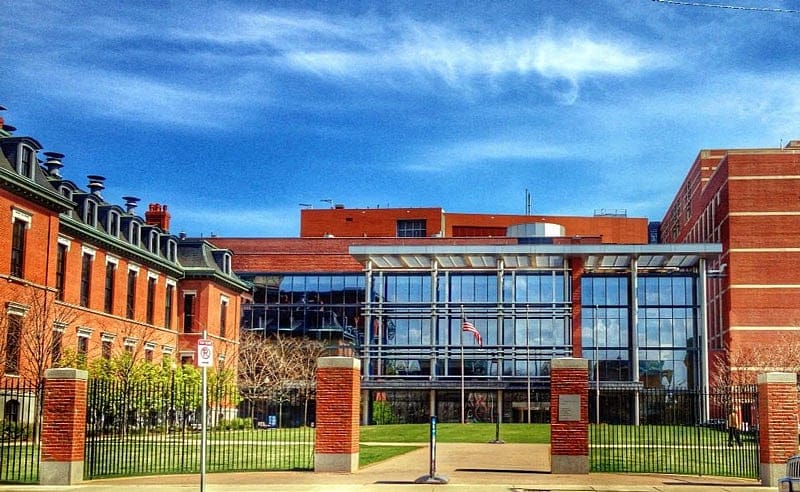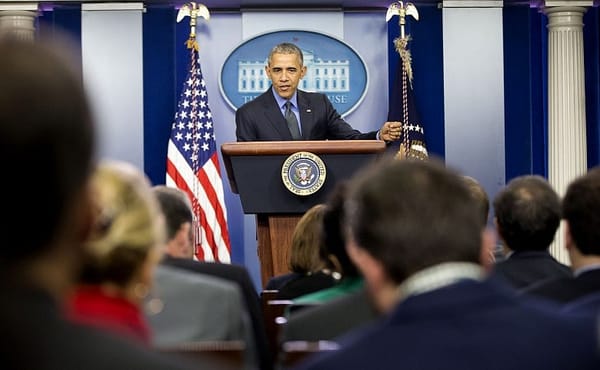Obamacare, prescription drugs drive up costs, state insurers say

BOSTON — As health insurers sat before state officials Monday to explain the math behind their rate increases, several pointed to an Affordable Care Act program and pharmaceutical spending — including six-figure price tags for annual supplies of some specialty drugs — as major cost drivers.
The Division of Insurance called on Massachusetts insurance carriers Monday to present the data and assumptions used in determining their proposed rate filings for small group plans in the second quarter of 2016. Insurers identified a variety of factors behind rate increases, but drug spending and the Affordable Care Act's risk adjustment provision arose as common themes in testimony.

